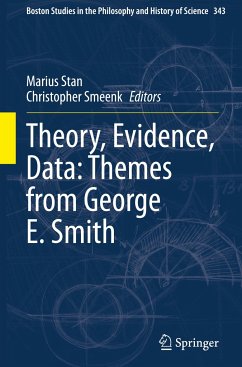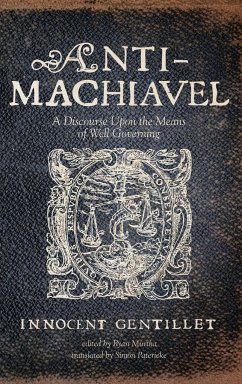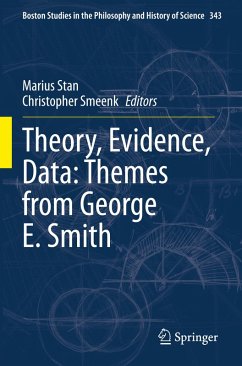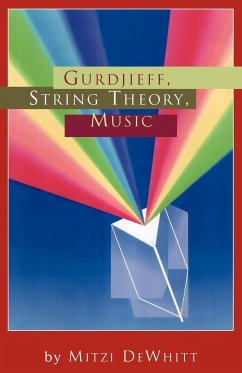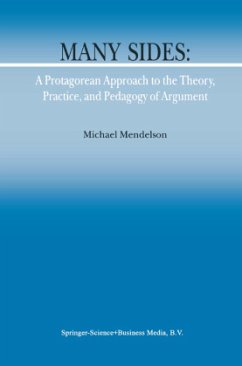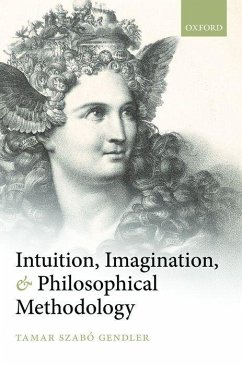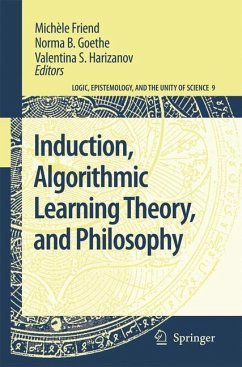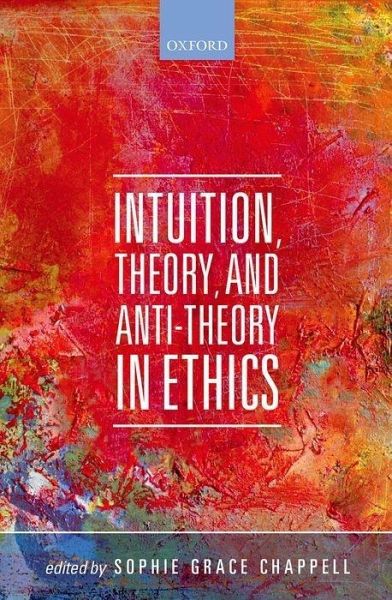
Intuition, Theory, and Anti-Theory in Ethics
Versandkostenfrei!
Versandfertig in 1-2 Wochen
97,99 €
inkl. MwSt.

PAYBACK Punkte
49 °P sammeln!
What form, or forms, might ethical knowledge take? In particular, can ethical knowledge take the form either of moral theory, or of moral intuition? If it can, should it? These are central questions for ethics today, and they are the central questions for the philosophical essays collected in this volume. Intuition, Theory, and Anti-Theory in Ethics draws together new work by leading experts in the field, in order to represent as many different perspectives on the discussion as possible. The volume is not built upon any kind of tidy consensus about what 'knowledge', 'theory', and 'intuition' m...
What form, or forms, might ethical knowledge take? In particular, can ethical knowledge take the form either of moral theory, or of moral intuition? If it can, should it? These are central questions for ethics today, and they are the central questions for the philosophical essays collected in this volume. Intuition, Theory, and Anti-Theory in Ethics draws together new work by leading experts in the field, in order to represent as many different perspectives on the discussion as possible. The volume is not built upon any kind of tidy consensus about what 'knowledge', 'theory', and 'intuition' mean. Rather, the idea is to explore as many as possible of the different things that knowledge, theory, and intuition could be in ethics.





